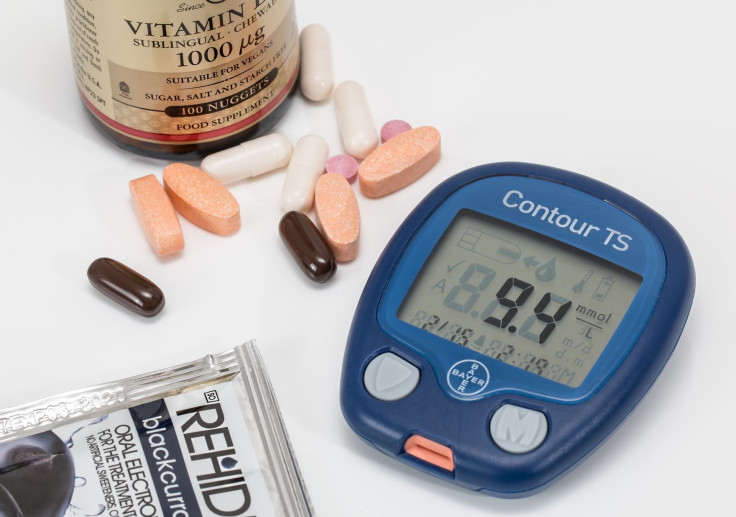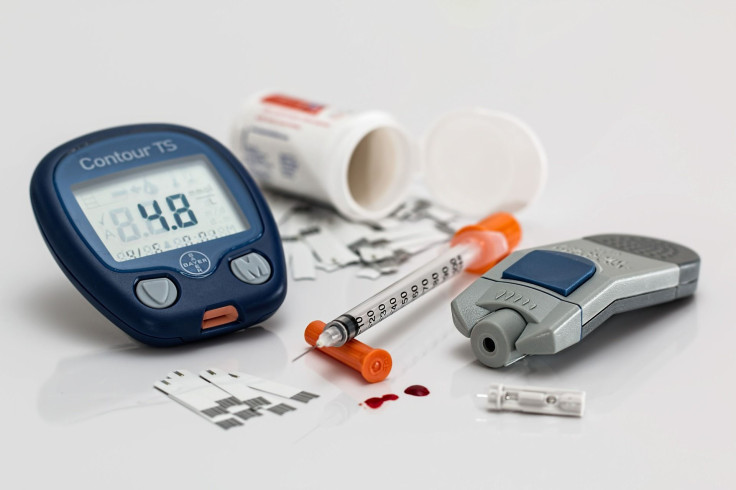Irregular Sleeping Patterns Can Lead To Dangerously High Blood Sugar, Study Says

People with irregular sleeping patterns are at increased risk of developing extremely high blood sugar, according to a small study. The study suggested that diabetes patients with no regular sleep schedule are at greater risk of dangerously high blood sugar.
Diabetes is known to be a major cause for several health problems, including blindness, heart attacks, kidney failure and stroke. According to the World Health Organization, there is a rapid rise in the number of people being diagnosed with this illness. The international health body also stated that high blood sugar is a major cause of deaths worldwide. In 2016, nearly 1.6 million people died due to this disease and around 2.2 million deaths were indirectly caused due to this illness in 2012.
Previous studies have suggested that regular sleeping patterns and a healthy lifestyle can help a person stay fit. But a major challenge faced by many of the individuals, especially the night owls or the evening chronotypes, is the needs of a highly demanding society.
Night owls love to wake late in the morning, but their school or work schedule forces them to wake up early. So, they usually make up for their sleep during weekends, which is very confusing for the internal body clock.
The latest research, published in the medical journal Sleep Medicine earlier this month, stated that a diabetes patient who follows this pattern is at a higher risk of suffering from dangerously high blood sugar.
“Our findings suggest that this misalignment between our circadian clocks and our social schedule might be associated with more severe disease in patients with type 2 diabetes,” lead researcher Andrew Coogan said.
The study that was led by a group of researchers from the National University of Ireland, Maynooth, focused on the greater social jetlag associated with higher blood sugar levels in patients with type 2 diabetes. Through the study that focussed on a total of 252 diabetes patients, the research team found out that irregular sleeping patterns combined with diabetes can increase the risk of extremely high blood sugar.
The study team said a small difference in sleep schedule or the internal body schedule will not impact the blood sugar levels. Diabetes patients with a social jet lag of 90 minutes are at risk of high blood sugar than those who experienced a lesser variation in the wake-up and bedtimes on weekdays and weekends.
“We do not understand how this discrepancy between biological and societal time results in the adverse effects it is associated with, but suspect that the tension of social jetlag somehow weakens the circadian system,” Coogan told Reuters.
The research team also said most of the participants in the study had poorly controlled diabetes, which is linked to circadian misalignment or higher levels of social jetlag. However, they were unable to find a direct association between the two.
“A general piece of advice, not only for patients with diabetes but for everyone, is to try to live our lives in harmony with our circadian clock as much as possible,” the lead researcher said.
“Unfortunately, for many this is very difficult. If we have to be at work for 8:30 a.m. and have an hour commute, then we simply have to get up at 7 a.m., although at the weekend we might not wake until after 9 a.m.” Coogan added.

© Copyright IBTimes 2024. All rights reserved.





















